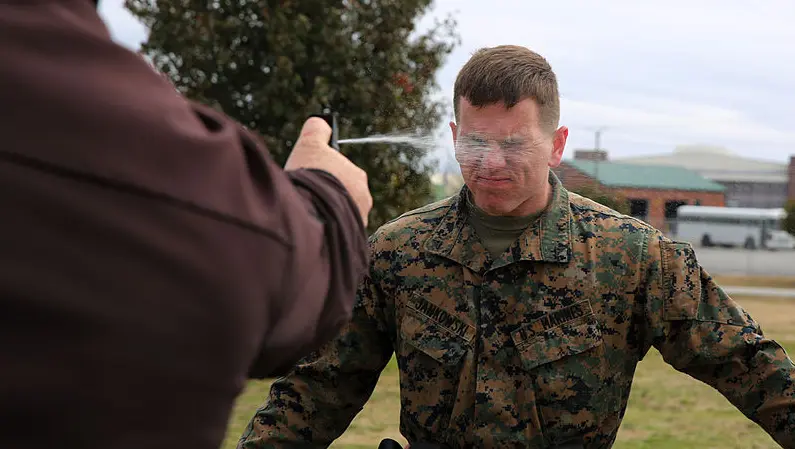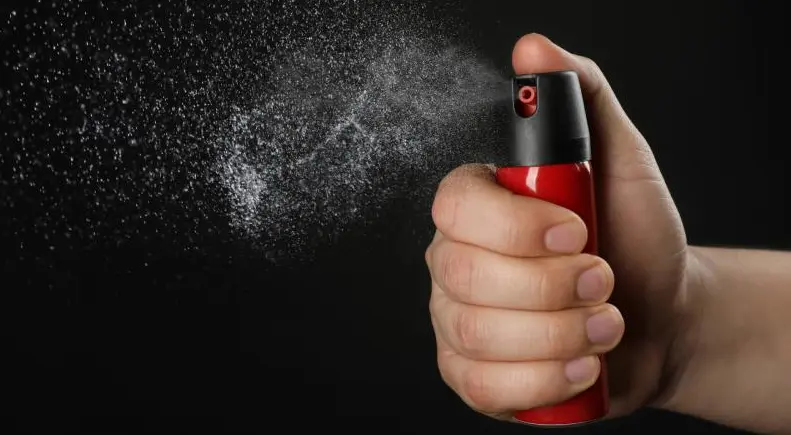Pepper spray is a widely used self-defense option that can help you feel safer and more protected. However, it’s crucial to understand the legalities and limitations regarding its purchase and usage. In this blog post, we will explore the laws and restrictions related to pepper spray in different states throughout the U.S. Our focus will be on states that have specific regulations or restrictions in place.
By familiarizing yourself with these rules, you can stay compliant and make educated choices about buying and shipping pepper spray.
Pepper Spray Laws and Restrictions
 It’s essential to understand that the laws surrounding pepper spray can differ significantly from one state to another. Let’s explore the states that have restrictions on pepper spray and those with unique regulations:
It’s essential to understand that the laws surrounding pepper spray can differ significantly from one state to another. Let’s explore the states that have restrictions on pepper spray and those with unique regulations:
1. States Where Pepper Sprays are Restricted:
a) New York: In New York, people can only buy defense sprays from licensed firearms dealers or licensed pharmacists in the state. There are, however, some exceptions that allow for the shipping of certain types of pepper sprays, like dog pepper spray and bear pepper spray, into New York.
b) Massachusetts: Residents of Massachusetts can only buy defense sprays from licensed firearms dealers located within the state. Like in New York, there are some exceptions that allow for the shipping of dog pepper spray and bear pepper spray into Massachusetts.
2. States Where Pepper Sprays Have Some Restrictions:
a) Michigan: The concentration of OC (Oleoresin Capsicum) pepper spray should not go beyond 2%. Additionally, tear gas is not allowed, and any combination sprays are also banned.
b) Wisconsin: Tear gas is not allowed in Wisconsin. For OC pepper spray, the concentration of OC must not exceed 10%, and the product should weigh between 15 and 60 grams. The effective range should be at least six feet but no more than 20 feet. There are also requirements for labeling and packaging, such as age restrictions and contact information for the manufacturer.
It’s essential to recognize that the information provided is a broad summary. For the most accurate and current regulations in your area, it’s best to reach out to your local city or state attorney’s office.
Conclusion
Pepper spray is a useful tool for personal defense, but it’s important to understand the laws and regulations in your area. Although it’s legal in all 50 states, some states impose specific restrictions on buying, owning, and using it. For instance, New York and Massachusetts have particular rules, while Michigan and Wisconsin limit the concentration, size, and packaging of pepper spray.
